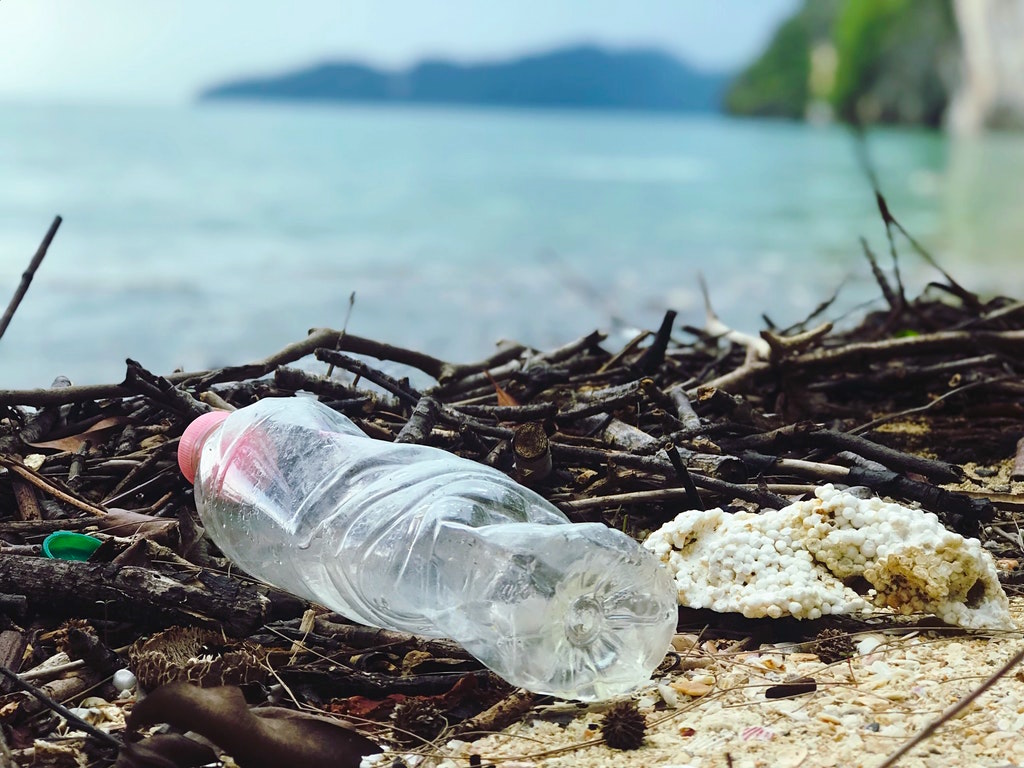3 Mins Read
The second phase of the Hong Kong Environmental Protection Department’s (EPD) plastic-free campaign targeting single-use takeaway dishware and cutlery claims that it has saved 1.2 million disposables from ending up in the city’s landfills and oceans since mid-June. The campaign involved more than 700 restaurants and caterers across the city, in a bid to encourage Hong Kongers to develop a habit of bringing their own reusable dishware to reduce plastic waste. But given that Hong Kong, and the world, is facing a plastic pollution disaster, plastic-free incentive schemes might not be enough to counter it. It’s high time to ask our government and ourselves: is this honestly the best that we can really do?
The government-led “Plastic-Free Takeaway, Use Reusable Tableware” pilot campaign was launched in partnership with the food and beverage industry in Hong Kong. The two-month programme initially focused on reducing plastic disposables in three major fast food chains in the city before expanding to include more eateries, chains, kiosks and online takeaway platforms. This project was launched alongside another plastic-free campaign that targeted protecting the oceans from pollution by informing the public about littering on beaches and reducing single-use disposables at public beach sites.
Research published in April led by Greenpeace East Asia in collaboration with the Education University revealed that Hong Kong’s seas are more polluted with plastic than ever before. The comprehensive study found an 11 fold increase in microplastic pollution within 3 years, which researchers predominantly attribute to Hong Kong’s pervasive plastic packaging obsession.
So while the EPD’s campaigns are a positive step in the right direction, the Hong Kong government must do more. Going beyond targeting Hong Kong’s consumer habits, the government has to start taking action on businesses. Food items in supermarkets are unnecessarily cloaked in layers of plastic cling film, packed into polystyrene or styrofoam boxes and even shielded in bubble wrap. Urging the public to bring their own boxes through reward or discount schemes is just not enough – Hong Kong authorities ought to introduce comprehensive measures such as requiring food manufacturers and supermarkets to cut down on plastic packaging at source.
Hong Kong also lacks adequate facilities to recycle plastic, a problem the government urgently needs to address. According to 2017 figures from the EPD, the proportion of Hong Kong’s waste that gets recycled stands at a mere 32%. With few outlets available for people to recycle items, landfills continue to overflow and packaging is often littered on the streets and our coastal regions. Not to mention, plastics erode into tiny particles that end up back in our water systems and food chain.
While local environmental activists have tried to fill in the void by hosting community “Waste-no-mall” stations across the city to encourage recycling, the government has done little to structurally tackle the problem. Hong Kong continues to be deprived of city-wide accessible recycling points, which is in sharp contrast to other Asian cities like Taiwan, where convenience stores feature drop-off sites for single-use and recoverable products.
Hong Kong can no longer afford to lag behind in action to reduce the city’s monumental waste problem and plastic pollution. Authorities cannot rely on consumer actions or the work of civil society initiatives like Waste-no-mall. For now, while the EPD continues to further “explore the necessity and feasibility” of more comprehensive controls, we as consumers must take the lead in breaking up with plastic.
Lead image courtesy of Pexels.




